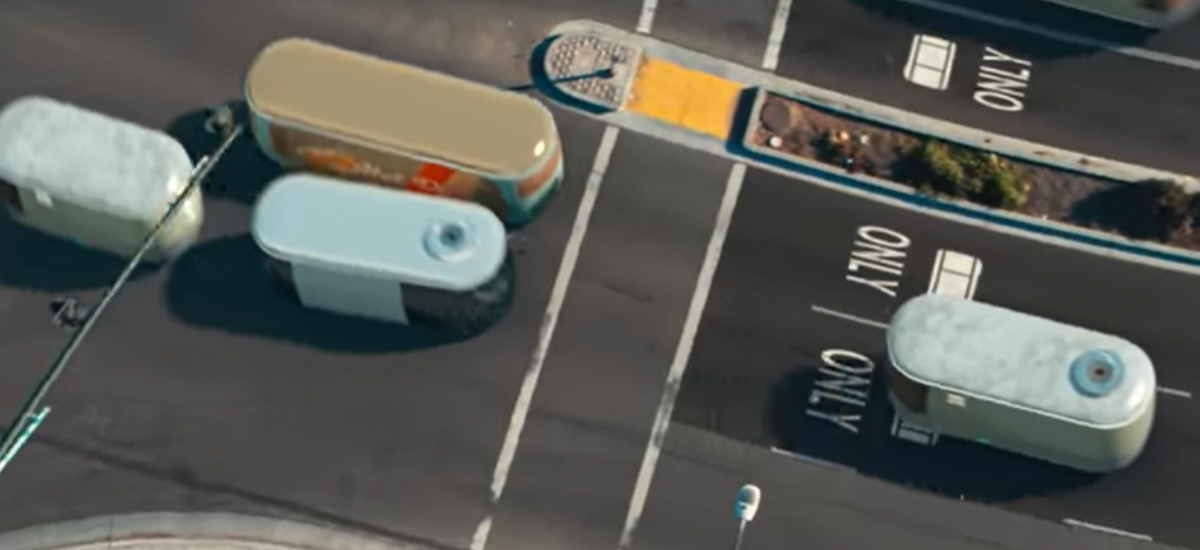
 Your Credit Estimate
Your Credit Estimate
 Your Credit
Your Credit
Your zip code helps us provide you with the most accurate vehicle pricing and vehicle availability.
We estimate your credit score to give you an idea of your monthly payments. To get an accurate payment amount, complete our credit application by clicking the Start Credit Application button below.
start credit application
At the beginning of 2020, the year looked bright for everyone and the auto industry was revealing some very cool concepts on the way. Then the pandemic happened, and now we’re all starting to come up for air as it were. It’s still shaky, but as people slowly try to find their new normal, the economy is starting to stretch out and businesses are opening up. This encompasses many industries, including the auto industry. Amongst them is Kia Motors, part of the Hyundai Motor Group (HMG), and recent talk of getting a jump on the production of Purpose-Built Vehicles (PBVs) is starting to bloom. This isn’t the first time we’ve heard the name.
Purpose-Built Vehicles, or PBVs, are just as the name describes. A PBV is a vehicle built for a specific purpose. They can be manned or, one day, unmanned, completely autonomous. To start, they may be manned, but the purpose these PBVs will be built for will require a human touch. With the current global pandemic coming in waves, and hospitals running low on resources, deliveries for medical supplies and transportation for patients will continue to be a necessity. Deliveries by autonomous delivery vans would be great, but when it comes to patient delivery, it would be nice to have a small team in the van with the patient.
Still, though, that’s the kind of thing we’re talking about here. Mobile hospital rooms is the initial goal, but if proven to be successful, the next step will be self-driving delivery vans for businesses like Amazon. There may even be autonomous food trucks, although someone needs to be in the kitchen. Finally, purpose-built mobile hubs the size of hotels will be the end goal. Think of a train with a dining cart – separate from the other carts but still part of the train, the dining cart has a specific purpose amongst the rest. Purpose-built mobile hubs will be like a train, with multiple hubs acting as carts that can connect and disconnect and bring passengers to other destinations.
Over the next six years, HMG has already put a large foot forward towards the production of PBVs with a combined investment total of $81.5 billion – $49.8 trillion by Hyundai Motor and $23.6 trillion by Kia Motors. Hyundai Motor Group President and Head of R&D division Albert Biermann have already put together a team of researchers and development staff to work together on the design and development of PBV, separate from the rest of automotive production. Based on the study on post-coronavirus market trends by Global Business Intelligence Center, the PBV market is a niche about to ignite, and with HMG putting its resources into PBV development, we could see a Hyundai or Kia-badged PBV in the coming years.
Before the pandemic, PBV production was already a hot topic for HMG and Kia Motors specifically. Part of Kia Motors Plan S Strategy, a two-track system, the automaker is focused on producing a lineup of electric vehicles and PBVs by 2025. MoceanLab, set to be built in Los Angeles, California, may have taken a backseat for approval, but has already demonstrated electric, self-driving carsharing and shuttle technology much like PBVs.
The rest of 2020 is a mystery, but Kia Motors and HMG are already going to work on a better tomorrow. Follow along with us on NowCar social media.